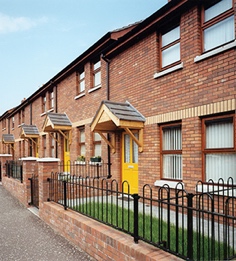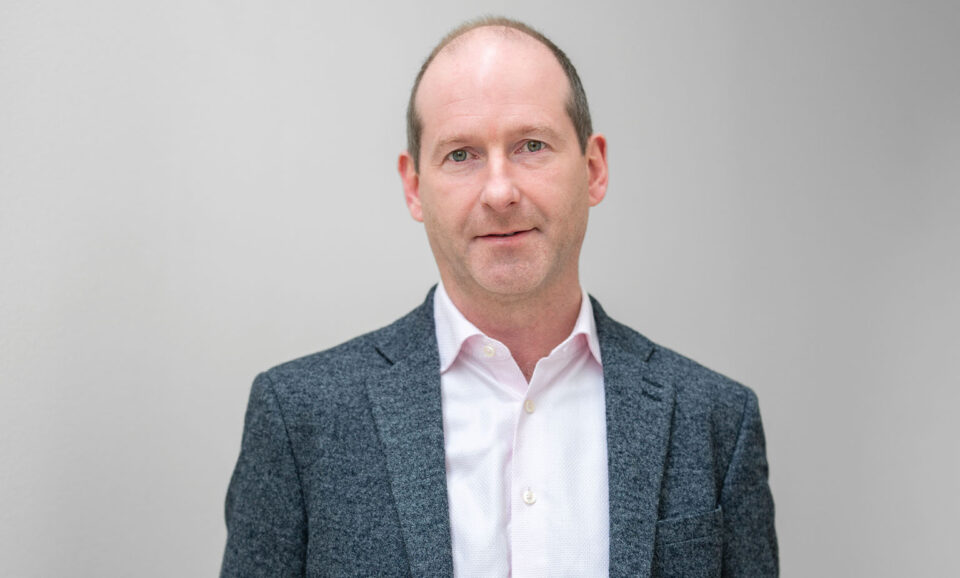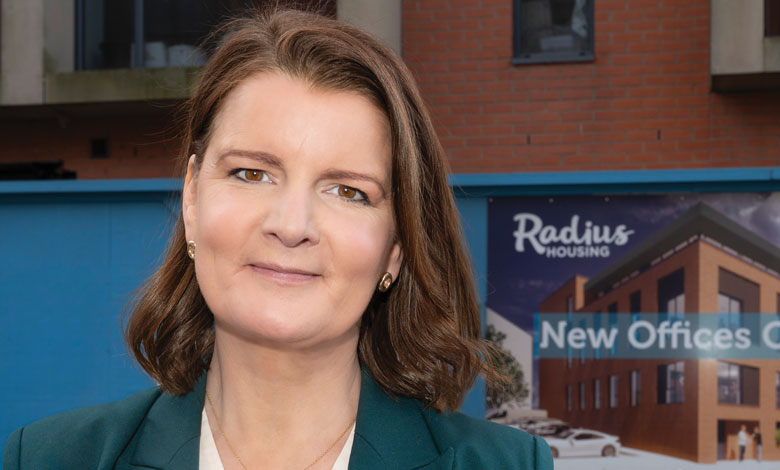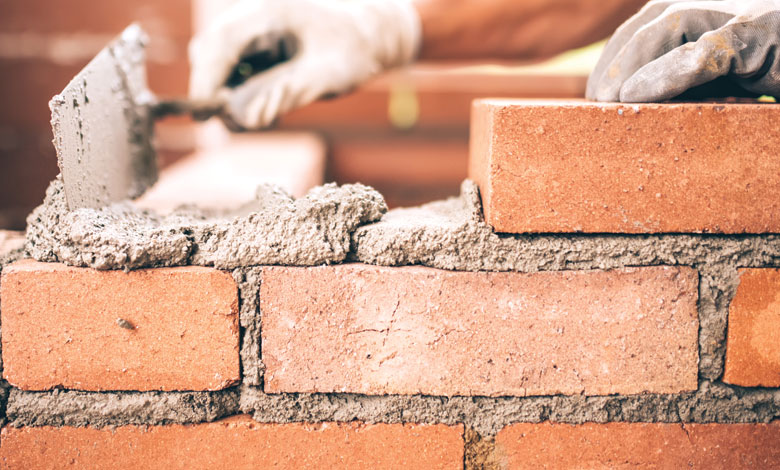Fifth homeless death in Belfast
22nd April 2016
More than just a landlord
1st June 2016The housing landscape
Fiona McQuade outlines the current situation of housing in Northern Ireland.
Prices
 The property price in Northern Ireland increased by 7 per cent between 2014 and 2015 to reach £118,014, according to the latest Residential Property Price Index. Over 20,400 residential properties were sold during 2015 and the index is now 6 per cent higher than 10 years previously. The local government region with the highest average house price was North Down and Ards at £140,881. The lowest average house price was in the Derry and Strabane council area at £96,492. The council area with the highest change over the past year was Fermanagh and Omagh where prices increased by 13 per cent. The area with the lowest percentage of change was Lisburn and Castlereagh which showed a 3 per cent rise in prices.
The property price in Northern Ireland increased by 7 per cent between 2014 and 2015 to reach £118,014, according to the latest Residential Property Price Index. Over 20,400 residential properties were sold during 2015 and the index is now 6 per cent higher than 10 years previously. The local government region with the highest average house price was North Down and Ards at £140,881. The lowest average house price was in the Derry and Strabane council area at £96,492. The council area with the highest change over the past year was Fermanagh and Omagh where prices increased by 13 per cent. The area with the lowest percentage of change was Lisburn and Castlereagh which showed a 3 per cent rise in prices.
The average house price was £113,201 in urban areas and £131,987 in rural areas. Urban areas showed an increase of 7 per cent in house prices and rural areas showed an increase of 6 per cent over the 12 months since 2014.
Supply
There were a total of 771,133 houses in Northern Ireland between 2014 and 2015. The latest Northern Ireland housing statistics showed that between July and September 2015 there were 2,013 new dwelling starts, showing an increase of 22 per cent on the previous year. During 2014-2015 there were 5,994 new dwelling starts. This figure has been steadily declining from 7,919 new starts in 2010-2011.
The total number of new builds completions between July and September 2015 was 1,351 homes. This shows a decline of 8 per cent on the same quarter in 2014. Between 2014 and 2015 a total of 5,506 new builds were completed.
In 2014-15, there were 7,339 residential planning applications, this is a rise of 16 per cent on the previous year. There were 6,406 decisions, and of these 93 per cent were granted (5,974)
Social housing
During the first three quarters of
2015-16, there were a total of 306 Social Housing Development Programme (SHDP) new social housing dwelling starts and 711 new social housing completions. Of these completions, 94 per cent were self-contained and the remaining 6 per cent were for shared accommodation. During 2014 and 2015 there were 1,658 SHDP new dwelling completions, a fall of 16 per cent on the previous year.
The average weekly rent (excluding rates and service charges) charged by the Northern Ireland Housing Executive was £63.46 in 2014-15. This is an increase of 4 per cent from the previous year (£60.88). The average weekly rent (excluding rates and service charges) charged by housing associations in 2013-14 (latest available) was £73.81, a rise of 5 per cent from the previous year (£70.47).
Sales
During the quarter ending June 2015, 280 new National House Building Council (NHBC) registered dwellings were sold, a decrease of 16 per cent on the same period in 2014. The average price of NHBC-registered new dwellings for the quarter ending June 2015 was £158,400, a decrease of 6 per cent on the previous quarter (£167,700).
Residential housing sales reached a peak in 2007 of 29,048. This more than halved the following year to 10,815 due to the economic downturn. The number of housing sales has been steadily increased since then reaching 21,158 in 2014.
Homelessness
In total, 4,856 households presented as homeless to the Northern Ireland Housing Executive between July and September 2015, an increase of 80 people (2 per cent) on the previous year. The most common reason reported by those presenting as homeless was that their accommodation was not reasonable. This was followed by those who reported a sharing breakdown or family dispute. The household types with the highest number of homeless presenters in 2014-15 were single males (35 per cent) and families (32 per cent).
The number of households accepted by the Northern Ireland Housing Executive as full duty applicants between July and September 2015 was 2,766, an increase of 289 (12 per cent) on the previous quarter. A full duty applicant is an applicant considered by the Housing Executive to be eligible, homeless (threatened with homelessness), in priority need and unintentionally homeless, to whom the Housing Executive owes full housing duty.
The most common reasons reported by full duty applicants for their current situation was that their accommodation was not reasonable (31 per cent) or they were experiencing a sharing breakdown or family dispute (18 per cent). Of those households accepted as full duty applicants during the quarter, 336 were discharged.
Energy
In the year ended 31 March 2015, 6,985 homes benefited from the ‘Warm Homes Scheme’ grants, amounting to over £10.1 million. 61 per cent of grants processed were for owner occupied homes and the remainder for the private rented sector. Between September 2012 and March 2015 grants for 26,010 replacement boilers were approved, amounting to almost £17.9 million. This equates to an average grant of £688 per household.
Private rent
The average (median) rent per week for the private rented sector in Northern Ireland in 2013-14 was £92, £35 below the UK average (£127) and lower than England (£133), Scotland (£108) and Wales (£100). The average (median) rent per week for the social rented sector in Northern Ireland in 2013-14 was £69, £15 lower than the UK average (£84) and £23 lower than that of the private rented sector. 38 per cent of private renters in Northern Ireland paid £100 or more per week compared to 71 per cent of private renters in the UK.
Owner occupied demand
The number of completed applications for the Co-Ownership Housing Scheme in 2014-15 was 1,140. This is a decrease of 7 per cent from 2013-14 (1,223). The median price of a property purchased through the scheme during 2014-15 was £115,000. The number of loans for first time buyers and home movers in 2014 was 7,500 and 5,500 respectively. In comparison to 2013, this represents an increase of 25 per cent for first time buyers and 34 per cent for home movers. The number of mortgage cases received by the Chancery Division of the Northern Ireland High Court in 2014-15 was 2,393, a third lower than the previous year.






